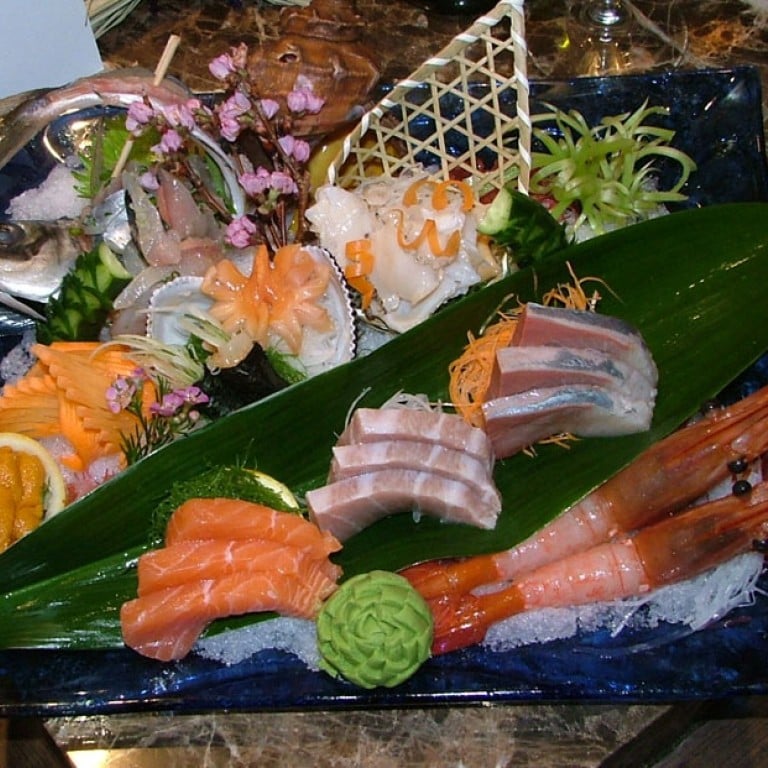
Scandal of top Japanese hotels' misleading menus leaves bad taste
High-end establishments admit lying about ingredients, as Unesco honours nation's food
Japanese cuisine was given a firm seal of approval when Unesco announced plans to list the country's traditional food as an intangible cultural heritage asset as early as next month.
However, Japan's commitment to quality and safety has since been called into question by a scandal that is enveloping restaurants and hotels around the country.
Long-running deception on a massive scale in the industry came to light on Monday when the Hankyu Hanshin Hotels chain admitted that its restaurants deliberately mislabelled 47 ingredients on its menus over a period of seven years.
Dishes described as containing "shiba" shrimp, which retail for around 2,500 yen (HK$196) per kilo, actually contained a far more run-of-the-mill variety that sell for just 1,400 yen per kilo. Similarly, sought-after onions from the Kujo district of Kyoto prefecture which sell for 2,000 yen per kilo were replaced by cheaper, ordinary leeks.
The fraud was detected during an internal investigation by the hotel chain, prompted by another chain, Prince Hotels, admitting that its expensive "domestically produced beef" had in fact come from Chile.
Since the admission by Hankyu Hanshin Hotels, a number of other establishments have also come clean on the ingredients in their meals. The Ritz-Carlton in Osaka and the Renaissance Sapporo Hotel in Hokkaido have both confirmed that they used cheaper, basic foodstuffs in their premium plates.
Admitting his company's actions and paying more than 20 million yen to 10,000 customers as compensation was not enough to save Hiroshi Desaki, president of Hankyu Hanshin Hotels, from resigning over the scandal.
"It's all just about greed, but this sort of thing affects the entire food industry," said Sean Brophy, managing director of Tokyo-based specialist importer I Love Cheese.
"Provenance of a product is very important, but it can be difficult to disprove. It can be a nightmare for other companies such as ours, because it undermines our credibility and all the hard work we have put in," he said.
The practice of luxury establishments mislabelling ingredients appears to have started at the time of the global economic crisis in 2008, probably driven by a desire to reduce costs while still keeping prices high.
"People get fed up when high-end companies do this. They don't know who to trust and we all suffer," Brophy added.
There have been similar cases in the past in Japan, but those largely involved middlemen passing off cheap produce as more pricey ingredients to hotel chains and restaurants. Rarely have the high-end hotels themselves been caught out deceiving their customers.
As well as potentially damaging the food industry while Japanese cuisine is in Unesco's spotlight, the scandal will have further harmed the nation's reputation for scrupulous food security.
This is at a time when Tokyo is attempting to convince other nations - notably South Korea - that fish and other produce from northeast Japan is safe to consume and has not been affected by the ongoing crisis at the Fukushima nuclear plant.

